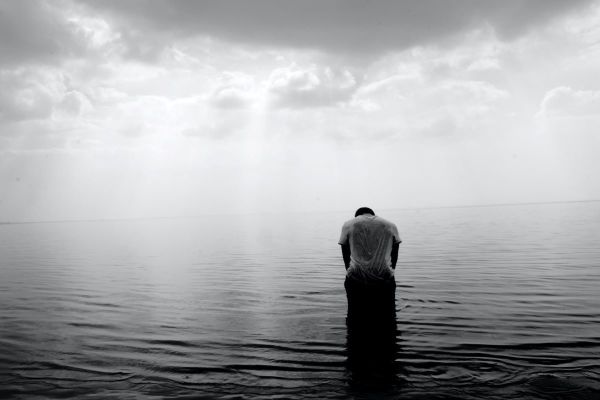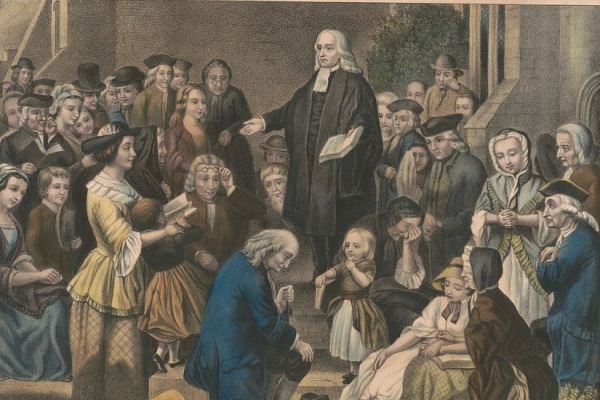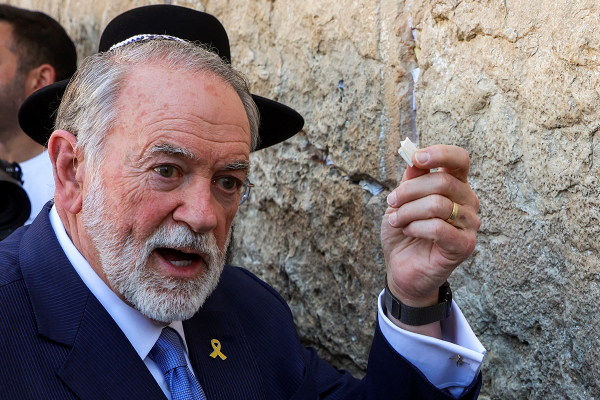This week in Christian history: Japanese Pearl Harbor pilot accepts Christ; John Hagee born
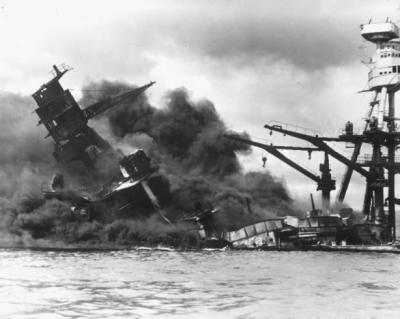
Throughout the extensive history of the Church, there have been numerous events of lasting significance.
Each week brings anniversaries of impressive milestones, unforgettable tragedies, amazing triumphs, memorable births, notable deaths and everything in between.
Some of the events drawn from over 2,000 years of history might be familiar, while other happenings might be previously unknown by most people.
The following pages highlight events that happened this week — April 11 through April 17 — in Christian history.
They include the birth of a well-known author and megachurch pastor, the conversion to Christianity of the Japanese fighter pilot who led the attack on Pearl Harbor in 1941 and the death of an influential Mexican nun.
John Hagee born – April 12, 1940
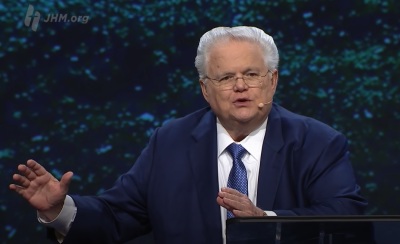
On Monday, notable megachurch pastor, author and politically outspoken televangelist John Hagee will celebrate his 81st birthday.
He was born in Goose Creek, Texas.
As the son of a pastor, Hagee went on to write around 40 books. He founded Cornerstone Church, a San Antonio, Texas-based congregation that boasts about 22,000 active members.
Staunchly pro-Israel, Hagee helped to found the activist organization Christians United For Israel. He has been outspoken about biblical prophecy unfolding in the modern day.
“It is the charge of the Church to teach God's infallible Word to the next generation,” stated Hagee in an interview with The Christian Post in 2018.
“Man has always been fascinated with the future. When you consider that nearly one-fourth of the Bible was prophetic at the time it was written, it is vitally important that Christians are familiar with its teachings.”
Leader of Pearl Harbor attack converts to Christianity – April 14, 1950
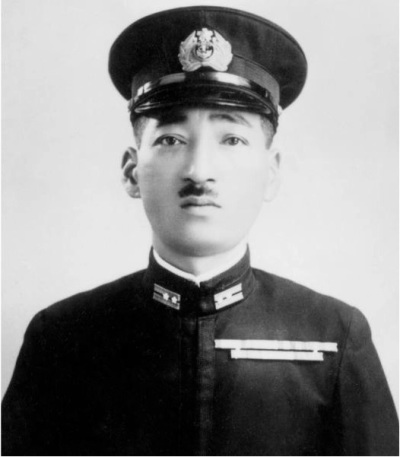
This week marks the anniversary of when Mitsuo Fuchida, the fighter pilot who led the Japanese attack on the American naval base at Pearl Harbor on Dec. 7, 1941, converted to Christianity.
According to a testimony published at the time, Fuchida explained that he first became interested in Christianity after the end of World War II upon reading the account of Jacob DeShazer, an American taken prisoner by the Japanese.
“One portion of the pamphlet interested me particularly, and that was the confession of Mr. DeShazer that during his imprisonment, he one day came to feel a strong desire to read the Bible,” recounted Fuchida.
“He recalled to mind what he had heard before about Christianity which could transform human hatred to true brotherly love. This portion, as I read, drew my mind to the same state, and with a desire to read the Bible I purchased one and started reading.”
Soon after he began reading the Bible, Fuchida recalled being “strongly impressed and captivated." He wrote that he eventually “opened my heart and accepted Jesus Christ as my personal Saviour.”
Later on, Fuchida became a traveling evangelist who preached in many parts of the world and even became friends with legendary evangelist Billy Graham.
Notable Mexican nun dies – April 17, 1695
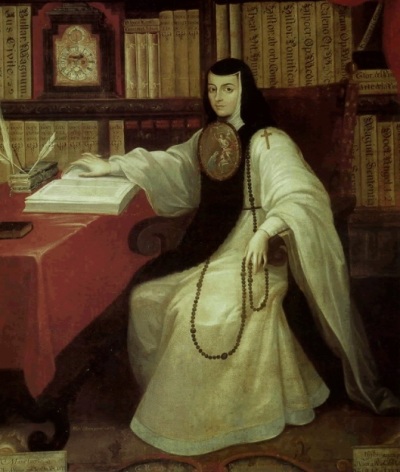
This week marks the anniversary of when Juana Inés de la Cruz, a 17th-century Mexican nun renowned for her writing, scholarship and advocacy for women’s rights, passed away.
Born out of wedlock circa 1651 when Mexico was still a colony of Spain, de la Cruz became a nun in 1667 in part to allow her a freer hand in pursuing academic studies.
Her works, which included poetry, scholarship and advocating for women to have equal access to education, became known throughout the Spanish Empire during her time and after.
“Today, Sor Juana stands as a national icon of Mexican identity, and her image appears on Mexican currency,” noted Biography.com.
“She came to new prominence in the late 20th century with the rise of feminism and women's writing, officially becoming credited as the first published feminist of the New World.”










